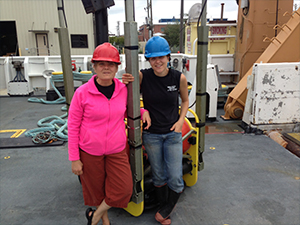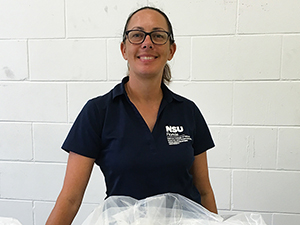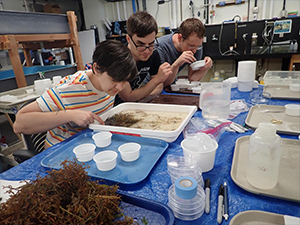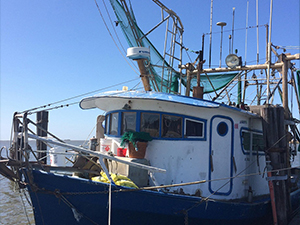Opportunity: Call for Nominations – Standing Committee to Advise the Understanding Gulf Ocean Systems Research Campaign
Opportunity: Call for Nominations – Standing Committee to Advise the Understanding Gulf Ocean Systems Research Campaign – MARCH 27, 2020 CALL FOR NOMINATIONS: Standing Committee to advise the Gulf Research Program on the Understanding Gulf Ocean Systems Research Campaign The National Academies of Sciences, Engineering, and Medicine invites you to nominate experts to serve on…
Details








